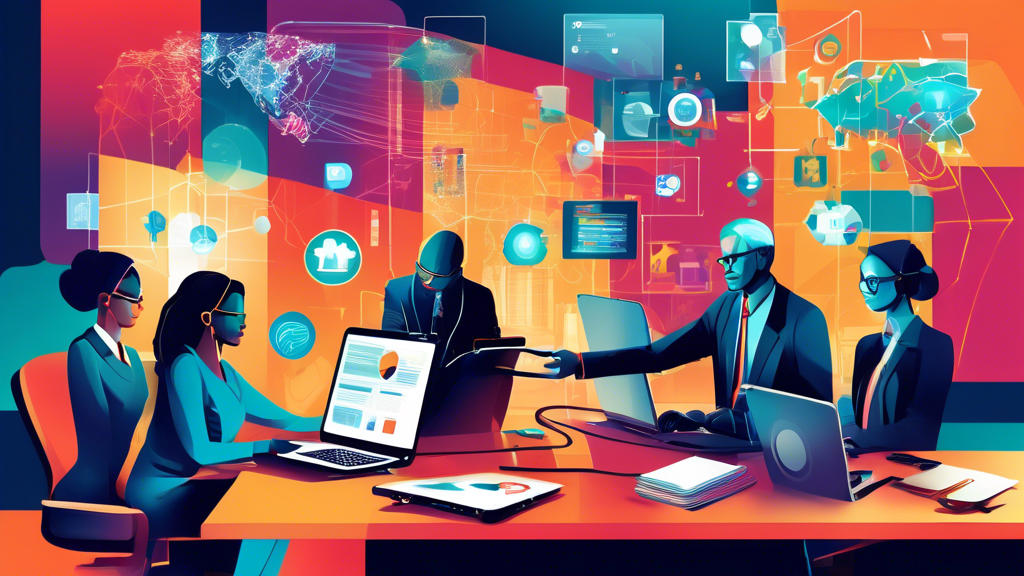Welcome to the digital era, where the convergence of technology and governance has revolutionized the way administrations interact with citizens and businesses. E-Government, short for Electronic Government, encompasses the use of information and communication technologies (ICTs) to improve the efficiency, effectiveness, transparency, and accountability of government services. This guide delves into the realm of E-Government solutions, offering insights into its significance, benefits, challenges, and the future landscape of modern governance.
The Significance of E-Government
In today’s fast-paced world, citizens expect seamless interactions with government entities similar to their experiences in the private sector. E-Government plays a pivotal role in meeting these expectations by providing accessible online services, digital transactions, and open data portals. By leveraging digital platforms, governments can enhance communication, streamline processes, foster citizen engagement, and ultimately build trust with their constituents.
The Benefits of E-Government Solutions
Implementing E-Government solutions offers a myriad of benefits, both to the government and the public. For governments, these solutions lead to cost savings through process automation, reduced paperwork, and increased operational efficiency. Citizens, on the other hand, benefit from improved service delivery, faster response times, 24/7 access to information and services, and increased transparency in decision-making processes.
Challenges in Adopting E-Government
Despite its advantages, the adoption of E-Government solutions is not without challenges. Issues such as data security and privacy concerns, digital inequality among citizens, legacy systems integration, and resistance to change from traditional bureaucratic structures can hinder the seamless implementation of digital governance initiatives. Overcoming these challenges requires strategic planning, stakeholder engagement, cybersecurity measures, and continuous monitoring of outcomes.
The Future of Modern Governance
As technology continues to advance at a rapid pace, the future of modern governance holds exciting possibilities. Artificial intelligence, blockchain, big data analytics, and Internet of Things (IoT) are poised to transform E-Government landscapes, enabling predictive modeling, personalized services, secure digital identities, and data-driven decision-making. Embracing these emerging technologies will be crucial for governments to stay ahead in an increasingly digital world.
A Casual Joke for a Chuckle
Why did the computer go to the doctor? Because it had a virus!
Conclusion
Exploring E-Government solutions unveils a world of opportunities for governments to enhance their service delivery, increase efficiency, and engage with citizens in innovative ways. By overcoming challenges, embracing digital transformation, and investing in future-ready technologies, administrations can pave the way for a more transparent, responsive, and inclusive governance framework.
Call to Action
Ready to embark on your journey towards modern governance? Visit Starmetaverse Georgia for all your web development needs and discover how technology can reshape the future of governance.

Comments are closed